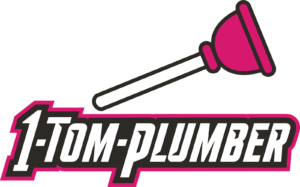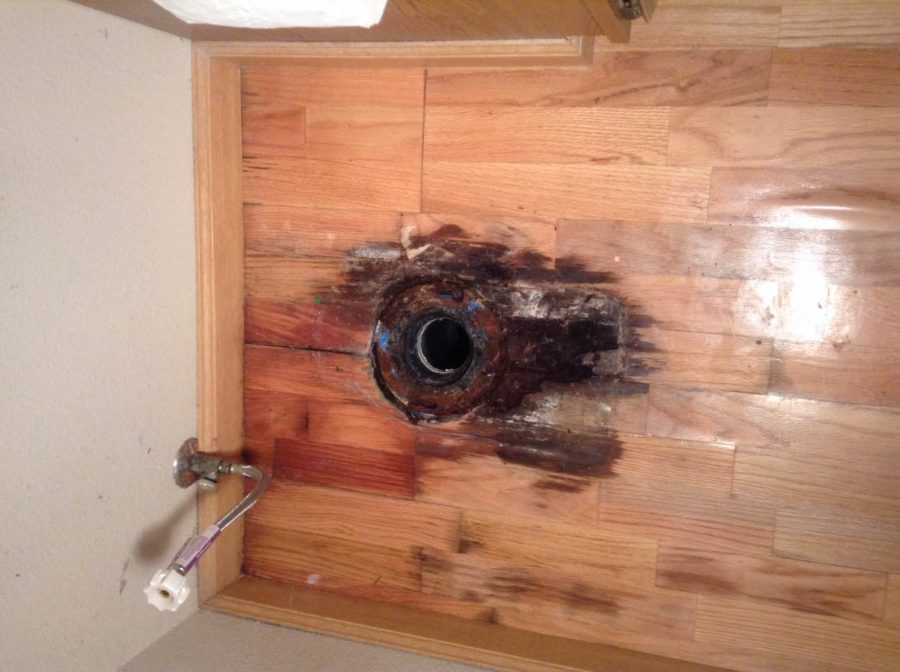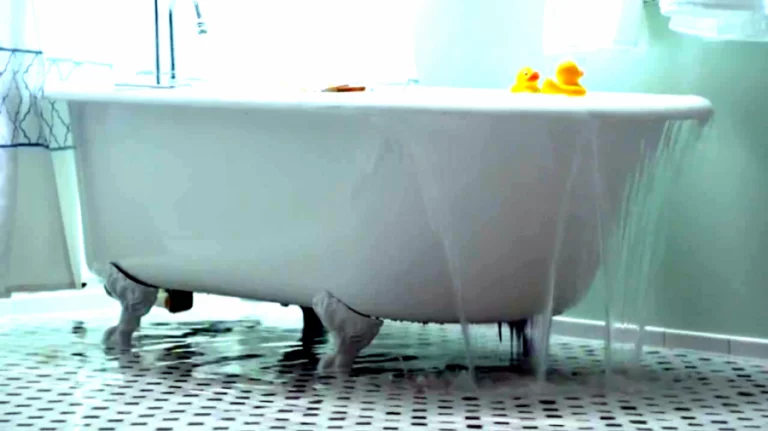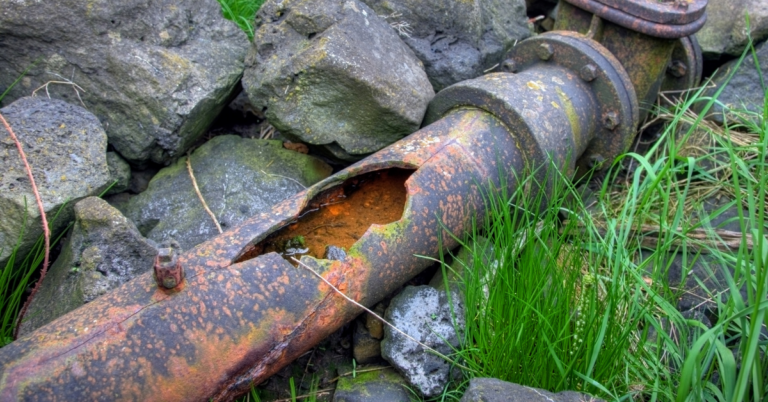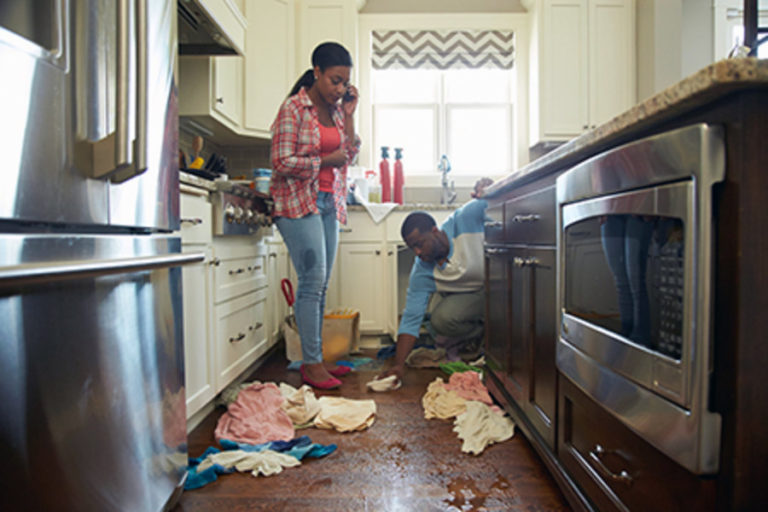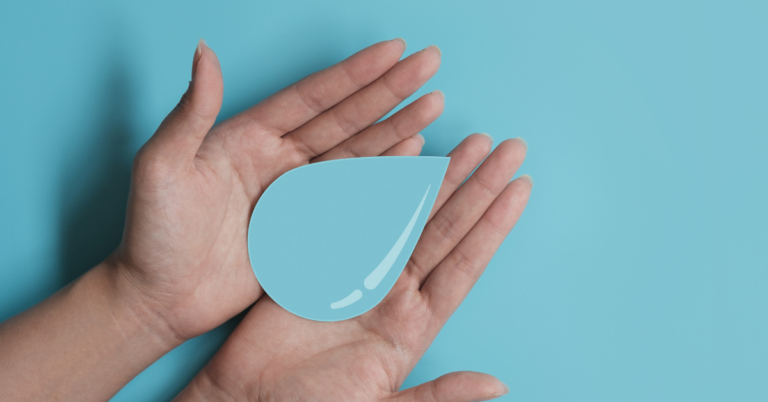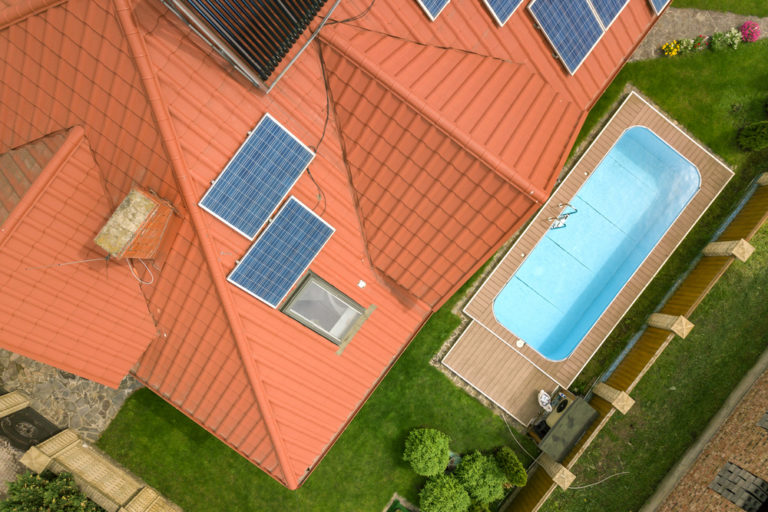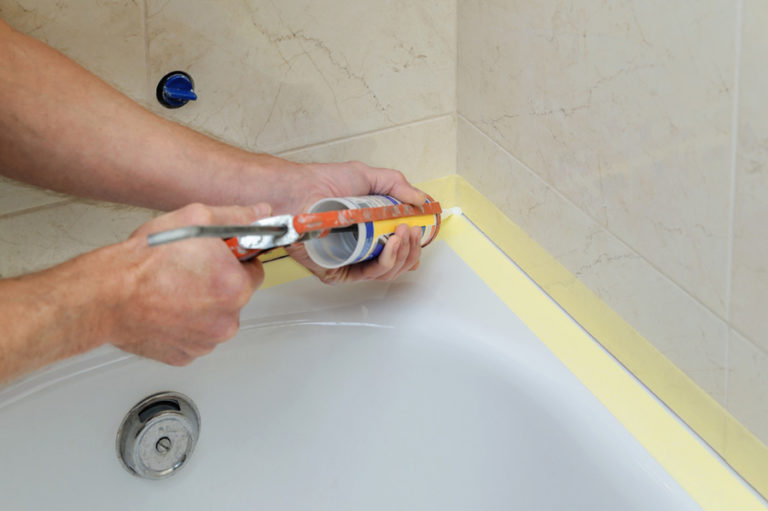How to Prevent Water Damage to your Hardwood Floors
Do you notice any hardwood floor water damage in your home? Hardwood of any kind can be negatively impacted by water. This can happen very quickly, so it’s important to take action as soon as possible. Because the wood soaks up the water almost immediately, it can be very time consuming to remove the water. Using a homemade hardwood floor cleaner afterwards will assure the floor can be cleaned gently and effectively. If you let the water sit or you don’t remove it all, or don’t thoroughly clean the floor, major damage could occur.
How will Hardwood Water Damage Affect My Floors?
When hardwood floors soak up water, they will eventually become discolored and warp. This can lead to floors becoming uneven. This damage will usually cause the floor to swell, cup, lift, break, or gap. In cases of major water damage, it might not be safe to walk on your floors because of the damage. Not only will this cause issues with your floors, it could also affect your foundation. Hopefully if you have damage it will be minor, but there’s always a possibility it could cause serious issues.
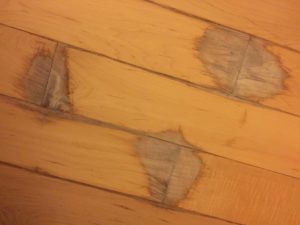
How to stop the Hardwood Floor Water Damage from Getting Worse
The most important thing to do if you notice water damage is to stop it before it gets any worse. Hardwood floor water damage can cause serious issues to your floors, leaving them discolored or warped.
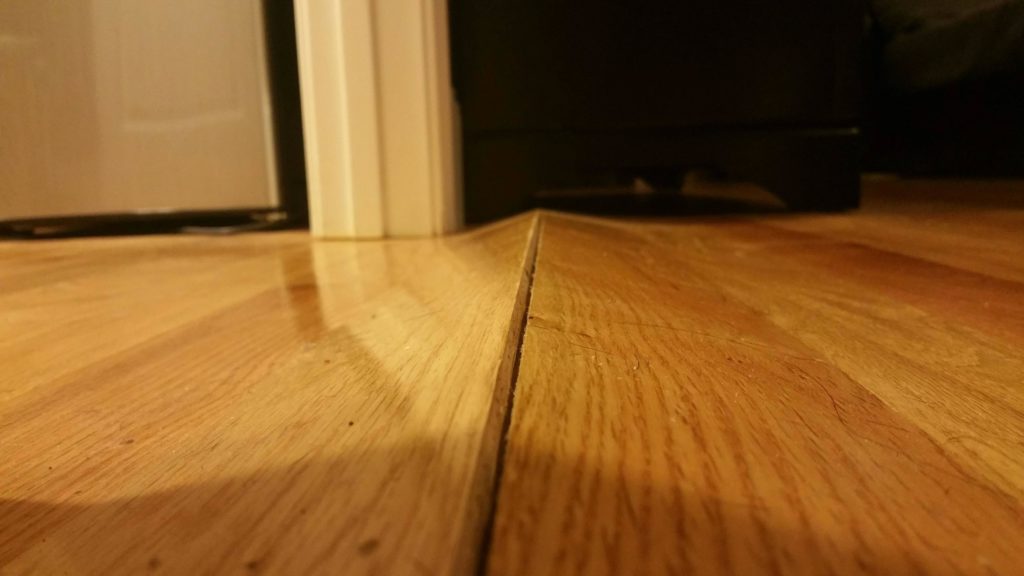
Find the cause
There are many things that could cause water damage in your home. Some of these include; broken pipes, floods, hurricanes, and water heater leaks. Floods and hurricanes aren’t something you can always predict or prevent. Even if you can’t control it, it’s important to get it cleaned up and taken care of before too much damage is caused. It’s essential to fix a leak as soon as you notice one. You should fix a leak as soon as you experience any signs. Doing this will help protect your home from hardwood floor water damage.
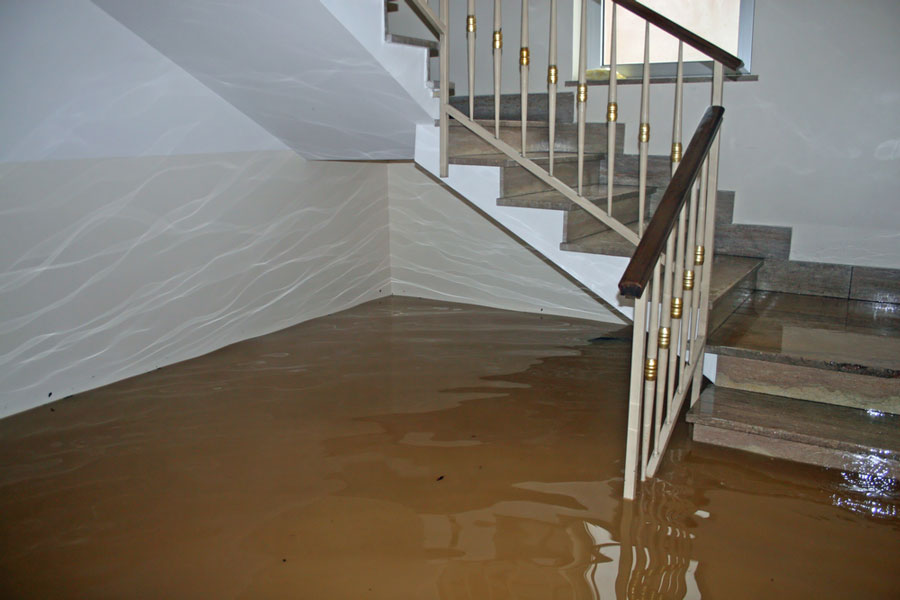
Remove Wet Objects from the Floor
The floor will dry much quicker when wet objects are removed. These will prevent the floor from drying and will make the water damage worse than what it will already be. If there were any clothes, rugs, or furniture that got wet, it’s important to remove it as soon as possible.
Dry the Floor to Prevent Hardwood Floor Water Damage
Find any towels, rags, or mops and soak up the water as quickly as you can to soak up small puddles. If the mess is a big one, use a vacuum made to soak up water. Continue to do this even when you think you got everything. Water will soak the floor fast, so there’s a good chance there is water somewhere you don’t see it. Even if you don’t see any water, you may still be getting water sucked up through your vacuum.
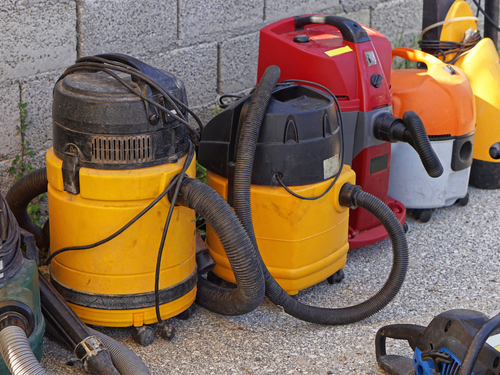
Clean the Entire Wood Surface
Dirt and debris can also soak up water, and that’s not good to leave on your hardwood floors. Cleaning this as soon as you finish the initial drying with help to prevent hardwood floor water damage. We recommend using a cleaner that won’t produce suds and bubbles, such as vinegar based products. Using a natural homemade hardwood floor cleaner will clean your floor without causing anymore damage. After you do this make sure to once again soak up the remaining water left over from cleaning the floors.
Interested in a Good Homemade Hardwood Floor Cleaner?
Here’s some options we would recommend!
- Water and Vinegar
- Hot Water, Lemon Juice, and Olive Oil
- Vinegar and Vegetable Oil
- Water, Vinegar, and Essential Oils
- Tea Bags
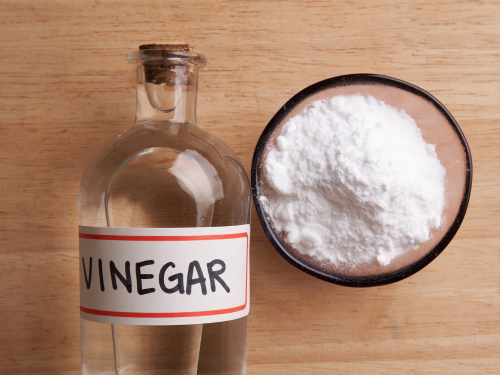
Completely Dry the Wood
You may not be able to soak up any more water with your vacuum, but there could still be left over water in your floors. A dehumidifier will help with this and will allow excess water to dry. Place this on the highest setting in the middle of the room. Leave it on for at least 24 hours. Place fans around the room to help circulate the air. It is also beneficial to open windows if the weather allows it.
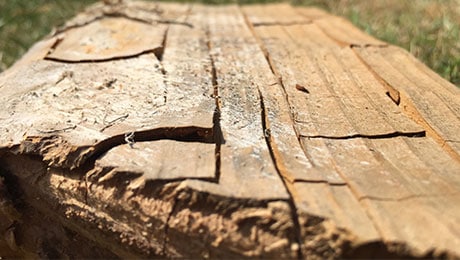
Inspect for Mold
Even if you did everything right, you could still have hardwood floor water damage. If you do, rest assured that drying it quickly and taking all the precautions helped to reduce hardwood water damage. Unfortunately anywhere there is water, mold will eventually show up. Thoroughly check for mold wherever moisture was to prevent any health hazards. If you are exposed to mold it can be very dangerous to your health. If you end up finding mold in your hardwood floors, scrub it down with baking soda and water. Again, after you clean the floors make sure to vacuum up all of the extra moisture.
Final Thoughts
Hardwood water damage is never a good thing. Taking these steps and precautions will help to prevent or lessen the damage. If these steps aren’t taken as soon as possible, it could lead to issues with mold and your foundation. If any of these damages occur and you need help, you can always call a professional to take care of the situation!
Call 1-Tom-Plumber
Don’t hesitate to contact us here or call us at 1-Tom-Plumber (1-866-758-6237) if you have water damage. 1-Tom-Plumber’s certified team of plumbers and drain technicians respond immediately to any emergency plumbing, drain cleaning, or water damage problem. We also handle the excavation of underground water lines and sewer main lines. Our immediate-response team is available every day and night of the year, even on holidays.
